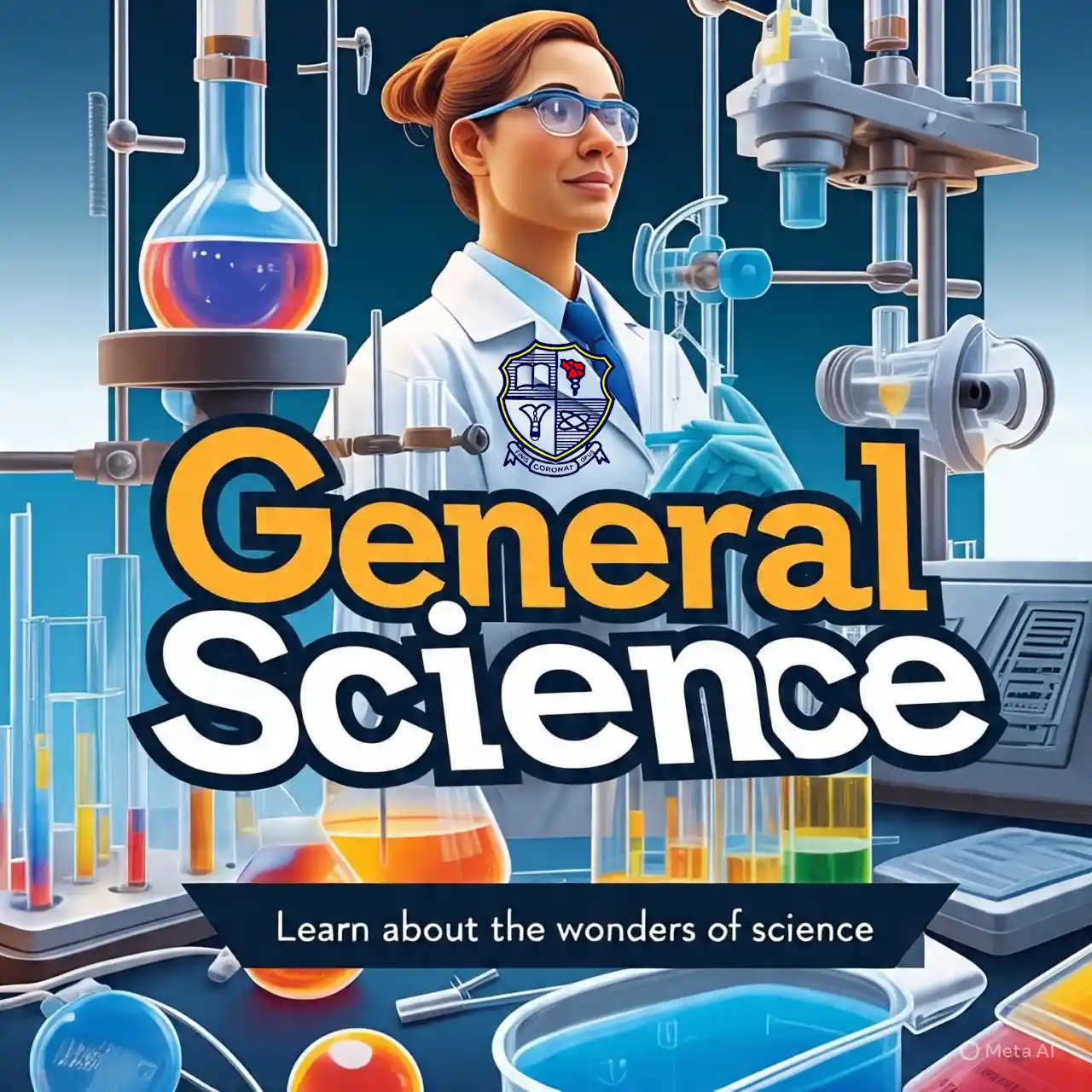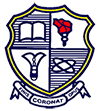General Science

COURSE DESCRIPTION
The General Science programme at Ahantaman Girls’ Senior High School offers a rigorous and well-rounded education in the core scientific disciplines. Designed to develop critical thinking, problem-solving, and analytical skills, this interdisciplinary course includes Chemistry, Physics, Elective Mathematics, Biology, Geography, and Information and Communication Technology (ICT). The programme emphasizes both theoretical understanding and hands-on experience, equipping students with the knowledge and practical skills necessary for further studies and careers in science, technology, engineering, and health-related fields.
Key Learning Areas:
- Chemistry:
This segment explores the composition, properties, and reactions of matter. Students will engage with topics such as atomic structure, chemical bonding, stoichiometry, acids and bases, and organic chemistry. Laboratory experiments help reinforce concepts, encouraging scientific inquiry and precision. - Physics:
Physics introduces students to the principles that govern the physical universe. Topics include motion, forces, energy, waves, electricity, and magnetism. Practical sessions and problem-solving exercises help students understand how these principles apply to real-world phenomena. - Elective Mathematics (E. Maths):
E. Maths focuses on mathematical methods essential for scientific work. Areas such as algebra, trigonometry, calculus, and statistics are covered, enabling students to interpret data, model scientific problems, and make logical predictions. - Biology:
This subject examines the structure, function, and diversity of living organisms. Key topics include cell biology, genetics, ecology, evolution, and human anatomy. Emphasis is placed on the role of biology in healthcare, agriculture, and environmental sustainability. - Geography:
Geography explores the interaction between human societies and the natural environment. Topics include climate systems, landforms, population trends, and sustainable development. This subject fosters environmental awareness and spatial reasoning. - Information and Communication Technology (ICT):
ICT equips students with essential digital skills for modern scientific practice. Students learn to use technological tools for data collection, analysis, and presentation, supporting their research and enhancing their readiness for the digital age.
The General Science course offers students a strong academic foundation, encourages intellectual curiosity, and prepares them for success in higher education and scientific careers.
SUBJECT COMBINATIONS
| Option 1 (S1) | Option 2 (S2) | Option 3 (S3) | Option 4 (S4) |
| CHEMISTRY | CHEMISTRY | CHEMISTRY | CHEMISTRY |
| PHYSICS | PHYSICS | PHYSICS | PHYSICS |
| E. MATHS | E. MATHS | E. MATHS | E. MATHS |
| BIOLOGY | BIOLOGY | BIOLOGY | GEO/BIO/ICT |
COURSE OBJECTIVES
The General Science programme is designed to nurture scientifically literate individuals equipped with the knowledge, skills, and mindset required for academic advancement and real-world problem-solving. The key objectives of the course are to:
- Provide a comprehensive understanding of foundational concepts in Chemistry, Physics, Biology, and Geography.
- Develop practical laboratory and investigative skills through hands-on experiments and scientific observations.
- Enhance critical thinking, logical reasoning, and analytical skills essential for scientific inquiry and informed decision-making.
- Cultivate an appreciation for the relevance of science in addressing environmental, health, technological, and societal challenges.
- Promote the integration of digital tools and technologies in scientific research, data analysis, and communication.
By combining theoretical instruction with practical application, the General Science course prepares students for higher education in science-related fields and empowers them to engage thoughtfully with scientific issues in their communities and beyond.
